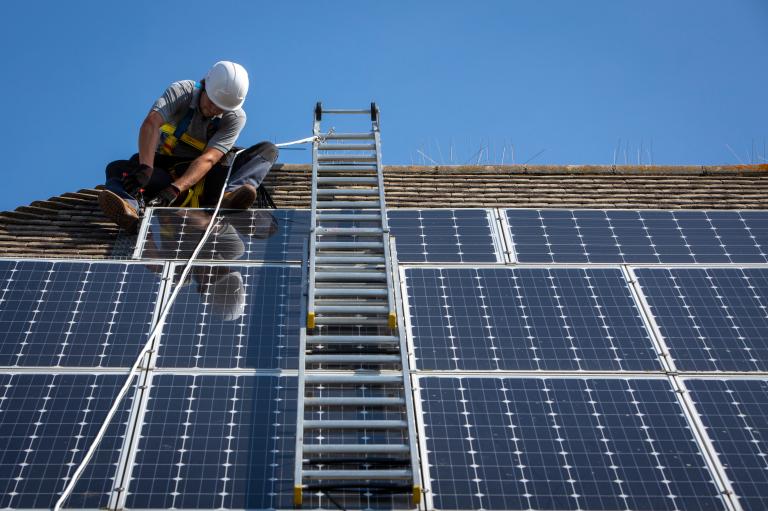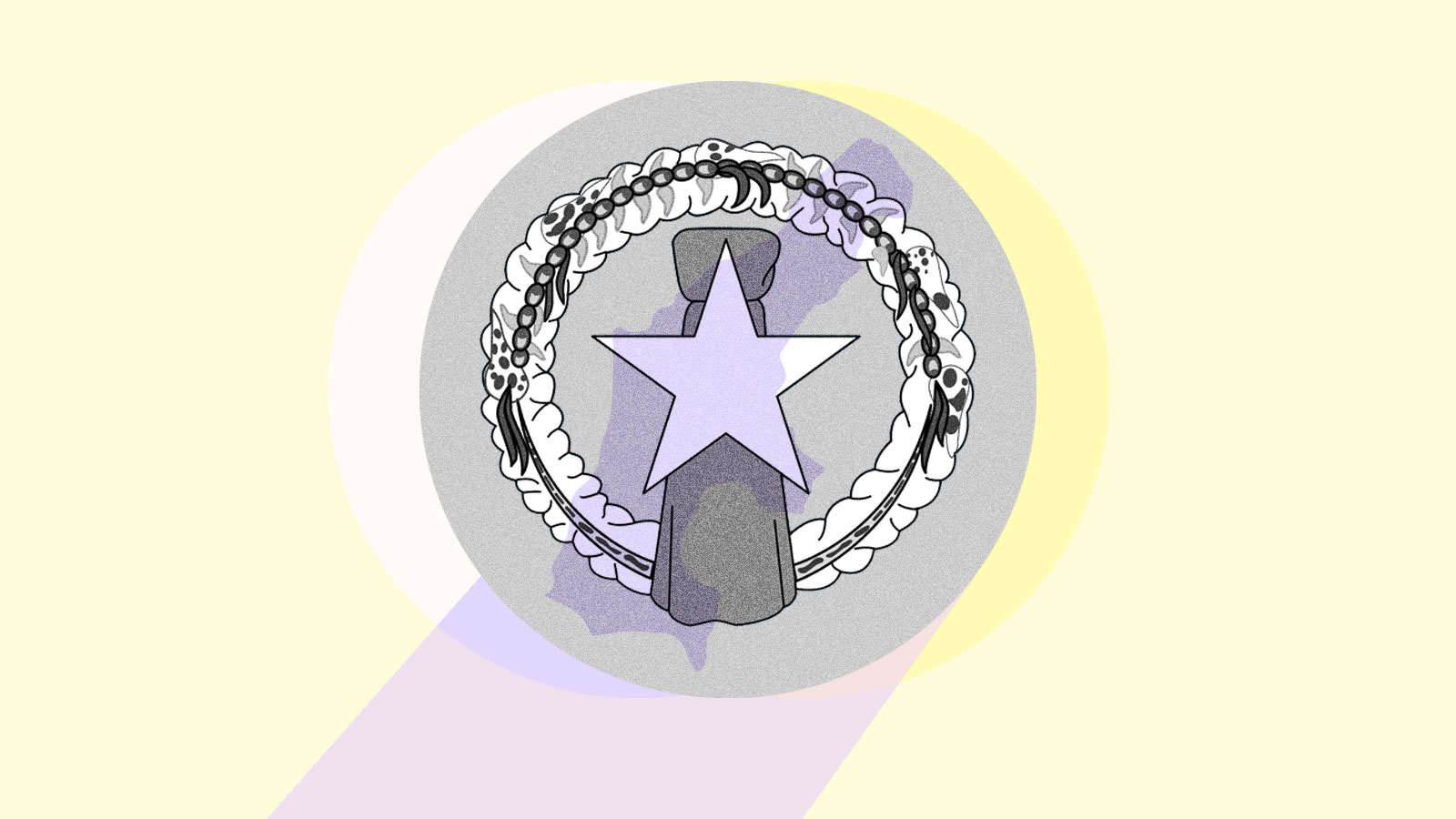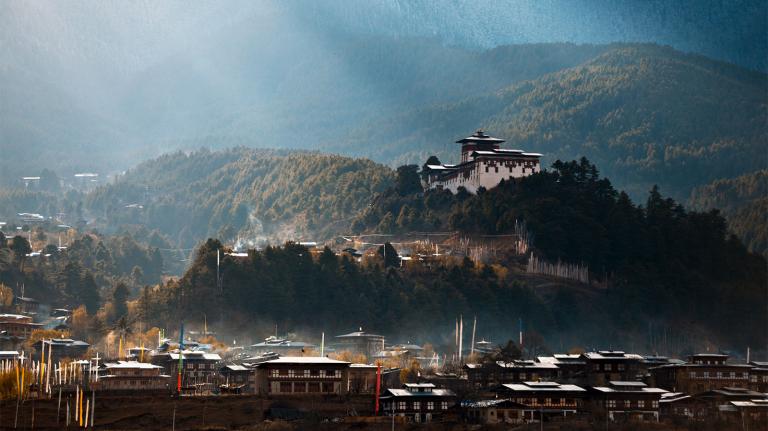This essay was first published in our semi-weekly newsletter, Climate in the Time of Coronavirus, which you can subscribe to here.
It’s like Super Typhoon Yutu all over again, but worse: the worry, the fear, the anxiety. The distance between my parents and me has never felt as vast as it does now, amid the coronavirus pandemic.
Growing up in Saipan, a remote U.S. territory in the Pacific, I dreamed that someday I’d move to the mainland. When the time came, at age 18, I packed my bags, kissed my family goodbye, and moved to Portland, Oregon, for college. They couldn’t come to drop me, because we didn’t have the money. Round-trip flights from the mainland to the Northern Mariana Islands ranged from $1,000 to $2,000 per person, so I rarely visited home. I knew my parents were happy for me, but I also knew they were worried about sending their first child off into the world alone.
The distance between my family and me stretched farther when I moved to New York City after graduating in 2018. A couple months later, Super Typhoon Yutu was barrelling toward my hometown. I was working at the Financial Times, and I could barely focus as I constantly refreshed my social media feeds for updates. Despite the 17-hour time difference, I was tormented by the silence in my family group chat. The last message I received before the storm was my dad saying, “I love you, we’ll be fine.”
Thankfully they survived the typhoon. But the trauma of being far away from home never left me.
I’m still in New York, and my younger sister is in her first year of college in California. My parents are now alone. Super Typhoon Yutu was terrifying, but my anxiety is much worse this time around. This global pandemic piles panic and distress on top of the fear I remember feeling during that earlier crisis.
Video calls with my parents are the only thing keeping me sane. As the number of cases in New York surges each day, what they don’t realize is that I fear for them, now that they are stuck on an island with few resources. The difference between New York City and Saipan is substantial: One is the center of attention, while Saipan and other U.S. territories, like Guam, and Puerto Rico, are often second thoughts. So when the first few COVID cases were announced in the Northern Mariana Islands last month, my anxiety level shot through the roof.
Each time I press the red button to end our now-daily family video calls (with representatives from three different time zones), I remind myself that it’s okay to feel anxious. It’s okay to feel overwhelmed. It’s okay to be scared. It’s okay to cry.
And in these chaotic times, I know I have to hold on to the hope that this storm, too, shall pass.




